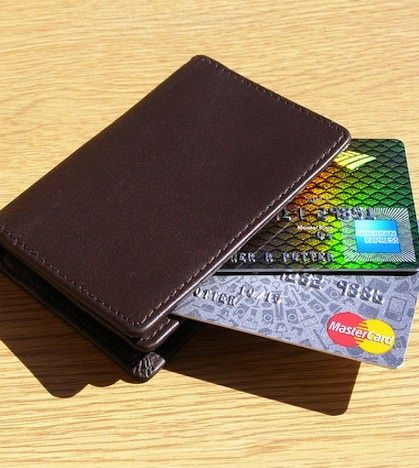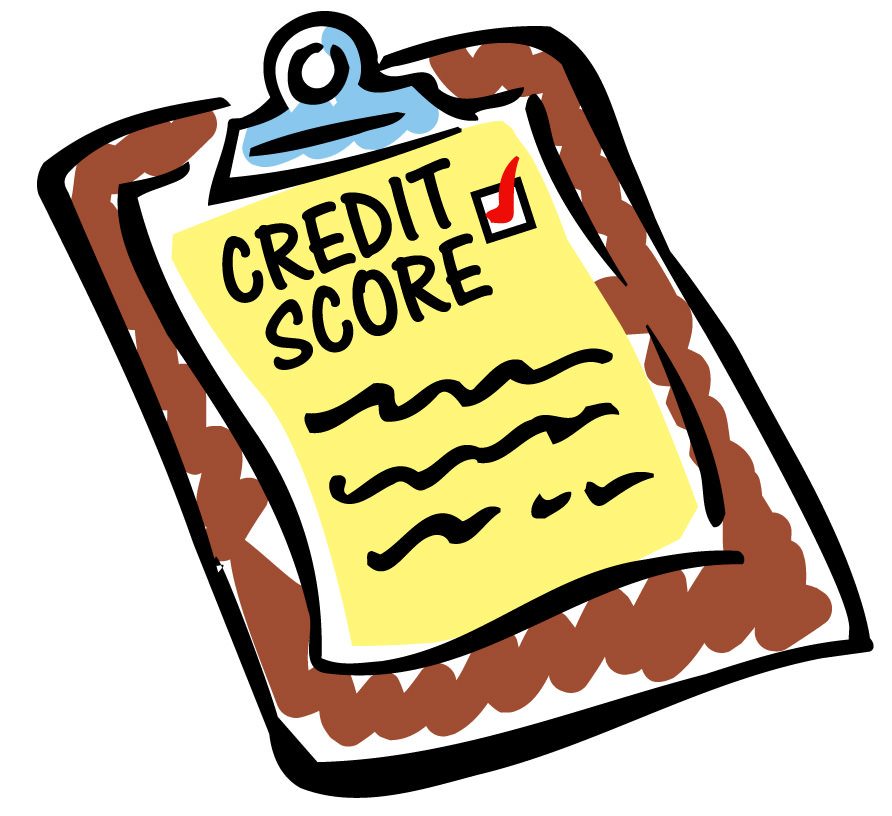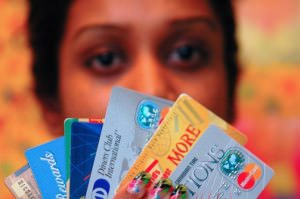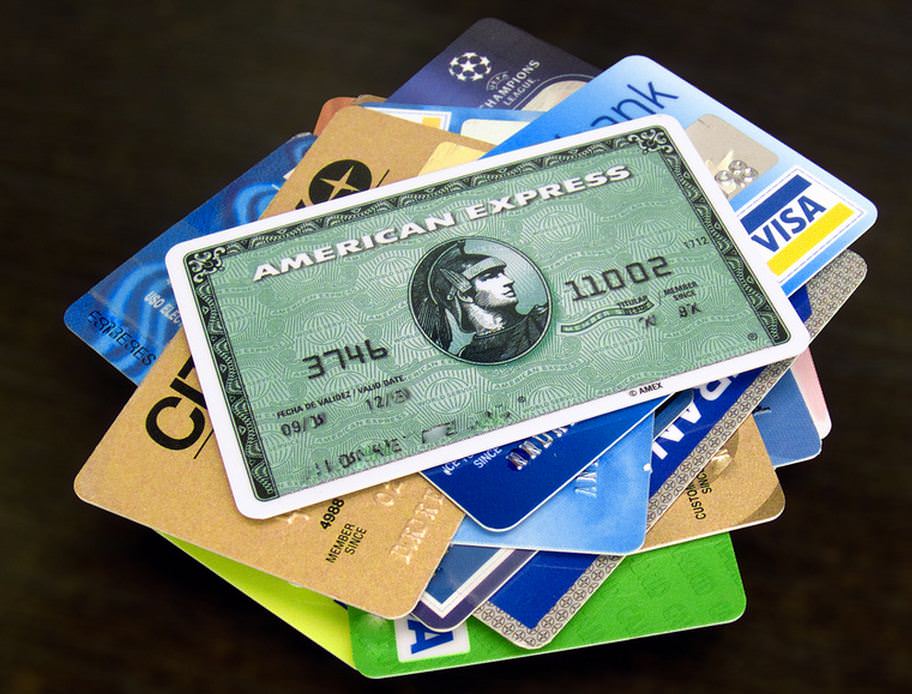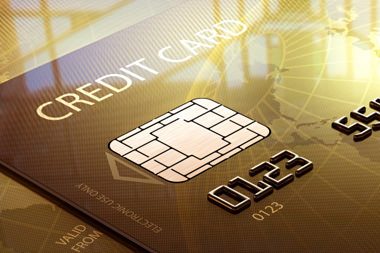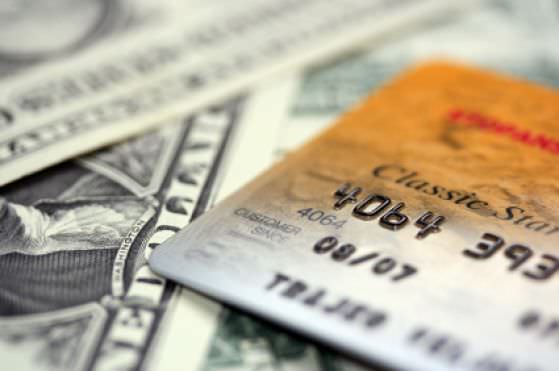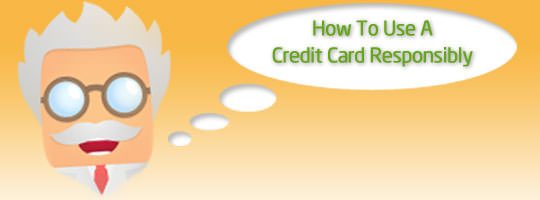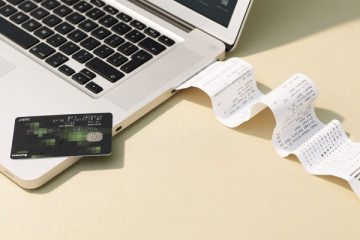The average person owes thousands of dollars in credit card debt. There are those people who choose to live their lives without using credit. This decision can come about for many reasons, including bankruptcy, poverty, or just not wanting to go into debt. There are many challenges that come with living without credit, but you can learn to make the most of it if you find yourself in that situation.
Secrets of Living Without Credit Cards
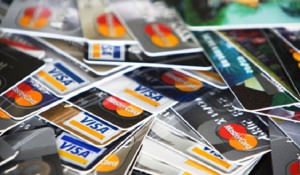 If you already have bad credit, it can be hard to reestablish your credit. Many people choose not to, but most of the people that choose not to end up falling into the category of alternative financing. This hurts them even further. Of course, you can rebuild your credit, and so you have both paths to choose still. It may take awhile, but it could end up being less hassle than living without credit due to having bad credit.
If you already have bad credit, it can be hard to reestablish your credit. Many people choose not to, but most of the people that choose not to end up falling into the category of alternative financing. This hurts them even further. Of course, you can rebuild your credit, and so you have both paths to choose still. It may take awhile, but it could end up being less hassle than living without credit due to having bad credit.
You have to remember that you will have to do things like pay deposits in order to turn on utilities. This can prove rather costly. However, this doesn’t happen often, especially if you are one that doesn’t move around too much. Still, there are other things that you would have to pay deposits for as well, so this is one thing you would have to live with. Of course, some people living without credit find that they are able to save more money and have a better net worth, which means they can afford to pay deposits. It all depends on how disciplined you are.
It is sometimes a hassle trying to rent without credit history. You might not be able to get into certain places, and no one likes to have to settle for where they live. Of course buying a house is a cash issue if you choose not to use credit. However, with enough cash on hand, you don’t have to worry about anything without credit.
It isn’t so hard getting a job without credit history, but some of the much higher paying positions might be hard to land. The employers really have to be very meticulous and paying attention to some pretty minor details to really use your credit history alone to deny you employment. However, it is definitely much harder finding a job without credit history, so you can look at it both ways.
Living without Credit a Backup Plan
Living without credit, you need to have more funds set aside for an emergency. The typical starter emergency fund is 1,000 dollars, but you are supposed to build it up to three to six months worth of living expenses. Living without credit as a backup plan or assistance, you need to have more than that saved back.
Most financial institutions check your credit in today’s world in order to set up an account for you. Anything from renting an apartment to landing a job without credit can be extremely difficult, but there are certain things you can do to help you get around this issue. If you do these things, You can definitely get a better understanding of how to live without using credit.
